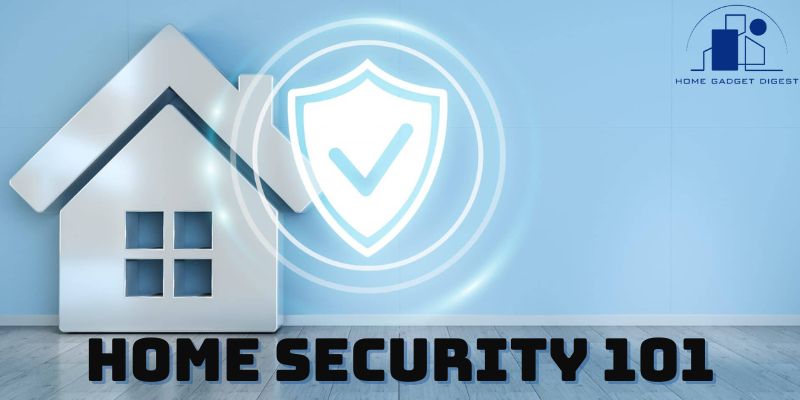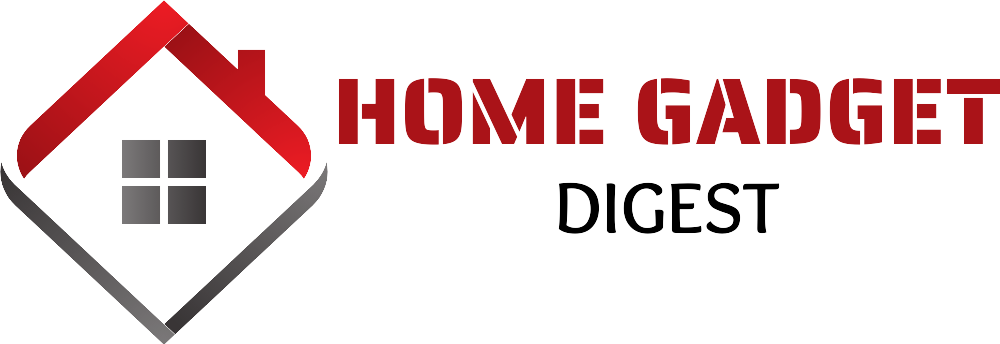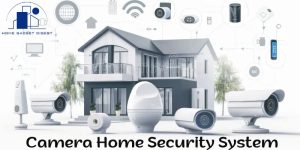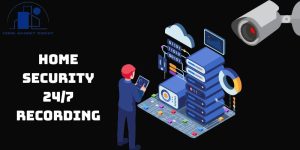Welcome to Home Security 101 – your ultimate guide to protecting your home. Learn the essentials of home security, from choosing the right alarms and cameras to tips on improving your home’s safety. Get started today and secure your home with expert advice.
Contents
Home Security 101: A Beginner’s Guide to Protecting Your Home
In today’s world, home security is not merely a luxury but a necessity. With rising crime rates and evolving security threats, safeguarding your home and loved ones has become more crucial than ever. Whether you are a first-time homeowner or a seasoned resident, understanding the fundamentals of home security is essential. This comprehensive beginner’s guide will equip you with the knowledge and tools to create a safe and secure environment for your family.

Understanding the Basics of Home Security
At its core, home security encompasses the measures taken to protect your property and its occupants from unauthorized access, theft, vandalism, and other threats. It’s not just about installing an alarm system; it’s about creating a layered approach that addresses various vulnerabilities.
The importance of home security stems from the potential consequences of negligence. Unsecured homes are more susceptible to burglary, property damage, and even personal harm.
Common home security threats involve a variety of methods intruders utilize to gain access to homes. These might include forced entry through doors and windows, exploiting weak points in building structures, employing technical tools to bypass security systems, or utilizing social engineering tactics to gain trust and access.
Choosing the Right Home Security System
The marketplace offers a wide array of home security systems, each catering to different needs and budgets. To make an informed decision, it’s essential to understand the key distinctions between these systems. Wired systems use physical connections to transmit alarm signals, while wireless systems rely on radio frequencies or cellular networks. Monitored systems are connected to a professional monitoring station, providing 24/7 surveillance and immediate response to alarms. Unmonitored systems rely on self-monitoring through mobile apps or notifications.
Evaluating key features is critical to choosing the right system. Sensors detect various events like door or window openings, motion, and glass breakage. Alarms sound a loud warning to deter intruders and alert neighbors. Cameras provide visual evidence of incidents and enhance situational awareness. Mobile app integration allows for remote monitoring, alarm control, and event notifications. Factors like budget, home size, and lifestyle influence system choice.
Expert Insights on Home Security
Security professionals emphasize the importance of a layered approach to home security, combining physical, technological, and behavioral measures. They recommend incorporating measures such as strong door locks, reinforced windows, motion-activated lights, and landscaping that restricts hiding spots.
Emerging trends in home security technology include smart home integration, AI-powered surveillance, and proactive threat detection. Increasingly, home security systems are seamlessly integrated with other smart home devices such as thermostats, lighting, and appliances, allowing for enhanced control and automation.
Taking Action: Implementing a Home Security Plan
To effectively implement a home security plan, it’s crucial to assess your home’s current vulnerabilities and identify potential entry points for intruders. A comprehensive security checklist should include measures such as:
- Securing Entry Points: Installing high-quality door locks, reinforcing window frames, and using security bars.
- Lighting: Amplifying outdoor lighting, using motion-activated lights, and ensuring well-lit entryways.
- Landscaping: Pruning overgrown trees or shrubs that obscure visibility, creating clear lines of sight around the perimeter.
- Security Systems: Installing a professionally monitored alarm system, exploring smart home security options.
- Personal Safety Measures: Being aware of your surroundings, avoiding sharing personal information online, and creating a safe haven in your home.

Home Security 101: Is Your Home as Safe as You Think?
Home security is essential to protect your family and property from potential threats. Even if you think your home is safe, it’s important to evaluate the security measures you have in place. Here are key factors to consider:
- Doors and Windows: Make sure all doors and windows are securely locked. These are common entry points for burglars.
- Alarm Systems and Surveillance Cameras: These systems can help detect intruders early. Ensure they are functioning properly and regularly maintained.
- Outdoor Lighting: Install motion-sensor lights around your property to deter criminals who prefer to work in the dark.
- Smart Locks: Smart locks provide added control over who can enter your home and can be managed remotely, enhancing security.
Investing in home security is an investment in your peace of mind and the well-being of your loved ones. By taking proactive steps and implementing a comprehensive security plan, you can create a safe and secure environment for yourself and your family.


















+ There are no comments
Add yours